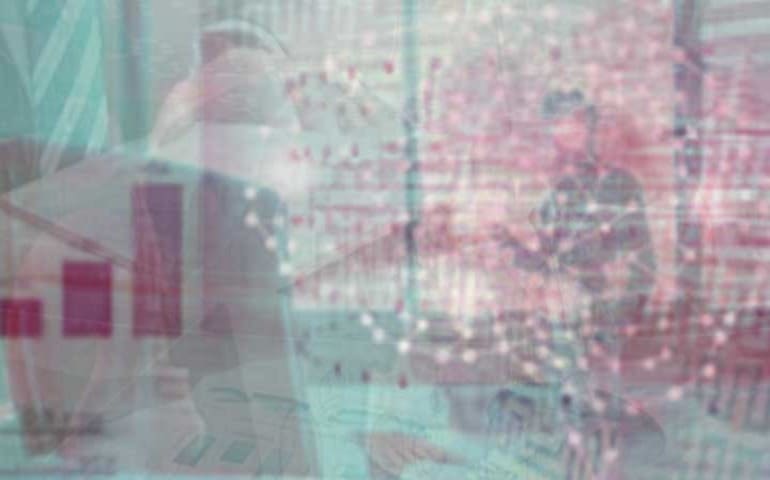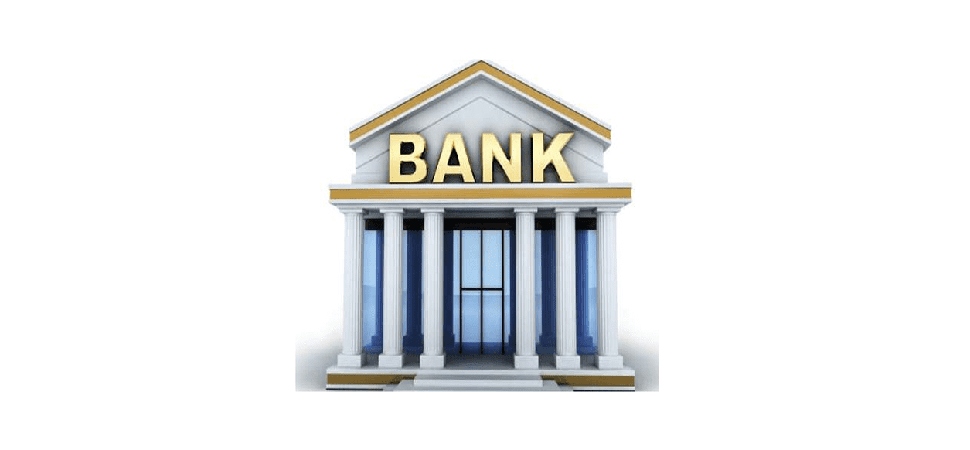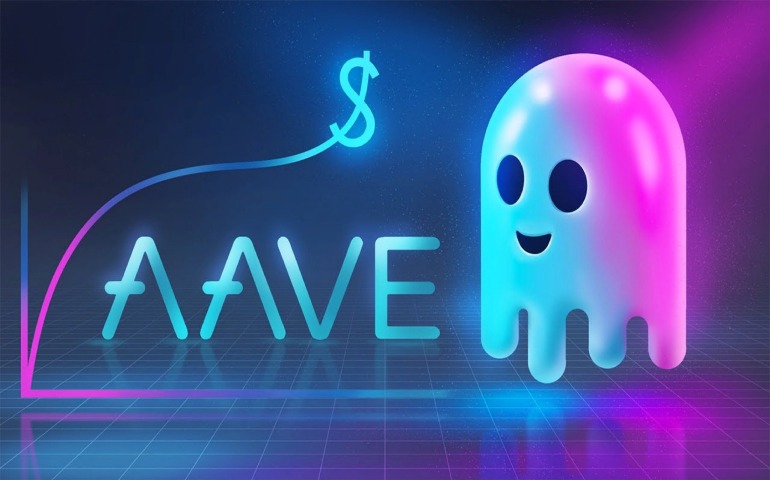Transportation difficulties

Nanotechnology can change downstream industries such as retail and logistics. Miniature radio sensors turn every label into a miniature flash drive.
12 seconds - that's how much time it took to serve a single customer at the pilot RFID store "Crossroads Shop of the Future". The joint project of X5 Retail Group, Sitronics and RUSNANO was launched in Moscow in 2012. The project implementation was entrusted to the project company "Shop of the Future", LLC. The main feature of the store: 91% of all goods (5.3 thousand items) were equipped with RFID tags (Radio Frequency Identification).
This means that, first, any movement of goods can be tracked automatically. As soon as a customer takes an item from the shelf, a signal is sent to the warehouse to resupply it. The Smart Shelf solution allows you to automatically generate lay-out tasks and automatically track the shelf life of the goods. This automation simplifies the logistics of the goods: information about quantities and assortments on the shelves appears immediately. Secondly, the "Shop of the Future" has fewer cashiers and sellers. Instead of a barcode scanner in the "Shop of the Future", there was a special RFID scanner that reads the entire basket of goods at once and forms a receipt. The customer only has to pay for the purchase at a self-service terminal.
A similar experiment with the "smart shelf" was carried out a few years ago by Metro in Düsseldorf, but the Germans did not develop an RFID scanner that could read all the items in the shopping basket at once.
"The key task was to get rid of the queues, so from the very beginning, piece-by-piece scanning of goods was not considered," says Sergei Dudnikov, General Director of the company "RST-Invent". - In the basket of goods are mixed up, some products absorb radio waves, others reflect. It was a real challenge for us as developers of "smart cash register".
"RST-Invest" together with the team of "Shop of the Future" coped with the task: the cash register read 100% of goods marked with RFID tags.
Initially, the creators of "Shop of the Future" expected to reduce costs by reducing staff and logistics errors. But in reality, the introduction of smart cash registers also resulted in a 10% increase in revenue. "Men started coming to the store more often: we all hate queues and love technological innovations," says Sergei Dudnikov.
In 2013, the experiment ended, but the project participants consider it a success. Now OOO "Shop of the Future" is working on a new project "Supply Chain of the Future".
"The main task of the store opening was to prove the technical possibility of reading many products of the widest range, - says Olga Karayeva, General Director of "Shop of the Future". - Now we are actively working with suppliers and distributors to transfer the marking of goods to the manufacturer. Of course, at the unit level, the use of RFID in food retail is too expensive. But when tagging logistics units (boxes, pallets), the calculation of business cases shows the obvious benefits of the technology.
A key challenge in the RFID market is the cost of the tags themselves. If imported, the cost of automation can exceed all the benefits. Therefore, the company "RST-Invent", a joint venture of the group of companies "Systematika", and JSC "RUSNANO" built a plant in the Leningrad region for the production of UHF RFID tags. In 2013, RST-Invent will produce 5 million tags, in 2014 it plans to produce 20 million. Russia has another major manufacturer of tags - Moscow Micron, but it serves mainly the subway.
"Demand exceeds supply - the equipment is already working 12 hours a day, and we plan to move to work in two shifts", - says Mr. Dudnikov.
The cost of "RST-Invent" tags is 5-10 rubles. However, with volumes over 1 million, the cost of some types of tags may be lower. The most expensive tags are about 300 rubles. - are used in St. Petersburg's subway: they help trains stop in strictly defined places.
In addition to libraries and retail, RFID also has other consumers. Novosibirsk drug manufacturer Abolmed tags a drug right on the conveyor belt. To check the barcode, you need to request information from a central database, RFID tags themselves contain all the information and a digital signature - you can check the legality of the drug right on the spot. RFID tags are also a great replacement for anti-theft sensors in the fashion industry: they are lighter and more convenient. They don't pull your clothes back.
But the most promising RFID market is wholesale. Just like a shopping basket, you can quickly scan boxes of goods or an entire lorry. Some integrators embed a geo-positioning system in the tags - then the movement of goods can be monitored in real time. Costs of logistics fall by 20-30%.





Post a Comment